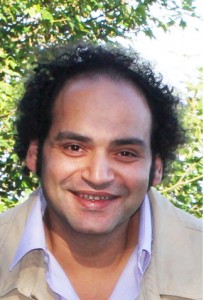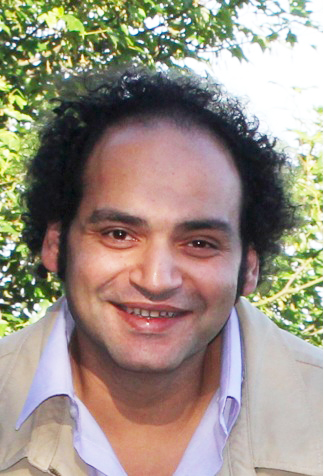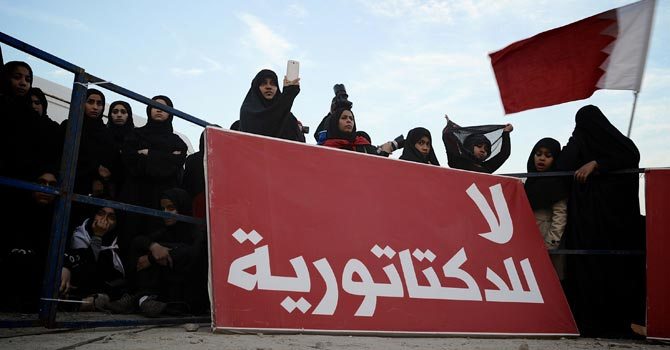
Mohamed Morsi is indeed full of surprises. Ever since Morsi took office, he has never ceased to present us Egyptians with surprising decisions that make us wonder how, why, and for what purpose these decisions were made in the first place.
Decisions like calling the dissolved Parliament back to session, applying new taxes which were cancelled less than 24 hours later, appointing the former public prosecutor an ambassador to the Vatican City (again for less than 24 hours).
All those decisions reflect one thing, the administration’s short-sightedness and its inability to interpret political dynamics and social tensions. Morsi’s recent decision to hold parliamentary elections starting in April is a continuation of the mistakes that have become a trademark of his presidency.
Politically, this election will be problematic on many levels. First, the position of most opposition forces is still vague. The National Salvation Front (NSF) has not yet declared whether it will participate or boycott. The NSF is in a tough situation, to say the least.
On one hand, they have demanded pre-conditions for their participation in elections and these conditions were not met by the regime. Therefore, in accordance with their former position, the NSF should not participate. On the other hand, boycotting the elections is a gamble that the NSF could easily lose. The rationale of boycotting would be to pressure the regime and embarrass it through an election that will represent only the ruling party and its allies.
But who says that such a move would actually constitute pressure on the Muslim Brotherhood? It became very clear recently that the Brotherhood is not planning to open the system to include an efficient opposition. The Brotherhood is after a cosmetic opposition that shows obedience and docility.
In other words, this election will either be held with insignificant opposition that has a lot of common ground with the Brotherhood, or with political forces that will be compelled to participate in an election lacking the basic requirements of transparency.
The logistics of this coming election will be problematic as well. The starting point is indeed the electoral law itself. The law was drafted by the Shura Council according to the new constitution that gives the council legislative powers in the absence of parliament. But the problem remains that Shura Council members were not elected by the people to pass laws.
The Council had a sudden change of mandate and function according to the new constitution. Therefore, the right thing to do would have been to dissolve the Council and ask people to vote in a new election and choose candidates on the basis of the functions they would perform. Any other way is outright deception. However, the Islamists were not going to risk losing their ultimate majority in the council.
The second problem with the law is how constitutional it is. The supreme constitutional court found the law to be unconstitutional. The Shura Council added minor changes to the law and sent it directly to the President who in turn approved it. Therefore, there is a possibility that these elections will be found unconstitutional because the law according to which they were held is also unconstitutional.
It is very likely that at some point we find ourselves cornered between a court ruling to dissolve the Council and a Brotherhood frenzy to defend the Parliament’s so-called popular legitimacy. In other words, Morsi is preparing the stage for a new clash between state institutions.
But the main reason why this election is fake is the fact that it will not serve the purpose claimed for it by the Muslim Brotherhood and the President. This election is not a step towards democratisation, it is an attempt to open up the system and make it seem more liberalised which could be a tool to absorb pressure and add necessary decorations to the Brotherhood regime.
Political openings and system liberalising is simply expanding the public space allowed to citizens to organise politically and run for or participate in elections. Democratisation, on the other hand, is completely different. Democratisation is the expansion of political participation in such a way that would allow citizens to have real and meaningful control over public policy.
The Brotherhood’s ongoing exclusion and marginalisation of opposition and their deliberate closed-mindedness to any attempts at real dialogue demonstrate that the Brotherhood is certainly not seeking to implement democratisation in its rational sense.
Morsi’s recent decision to hold parliamentary elections could prove to be very costly because it will breed either weak democracy or disguised dictatorship. The president, together with the Muslim Brotherhood, must understand that those who make the same mistakes and expect different results are scientifically insane. Fake elections do not produce powerful democracies; they are just a step along the path to more political congestion and social tension.



